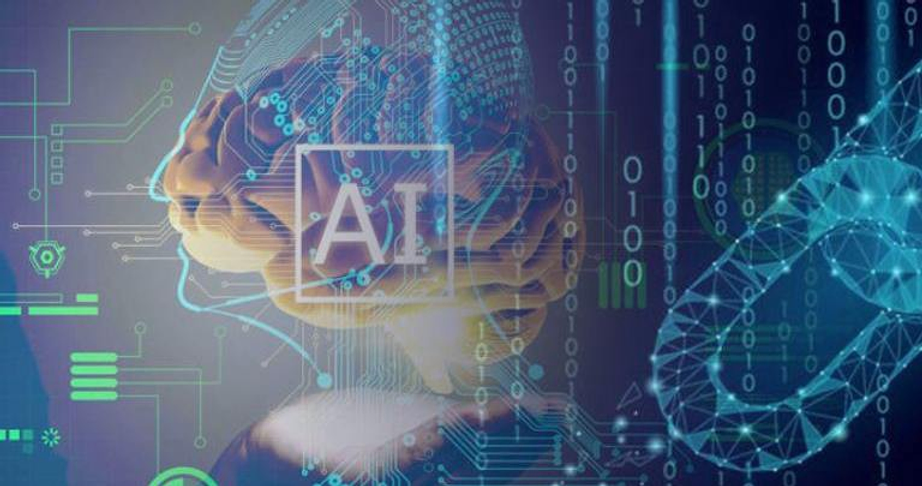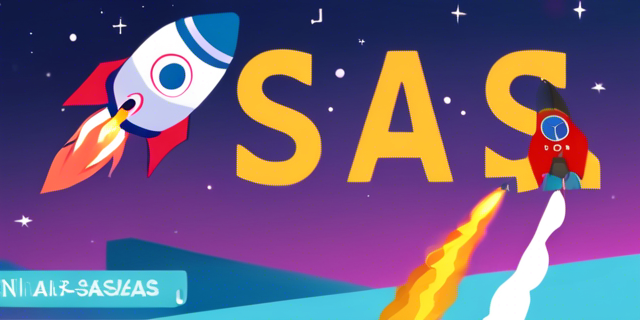Artificial Intelligence, is the system or computer science that is slowly making itself useful to humans. Artificial Intelligence has occupied more space in our daily life than we know, from using Instagram to shopping on Amazon, Phone assistants, or be it self-driving cars. So several of you might not know what Artificial Intelligence is properly, let’s update ourselves a bit.
Artificial intelligence (AI) is intelligence exhibited by machines, in contrast to the natural intelligence (NI) exhibited by humans and other animals. It is the science of making intelligent machines that can perform any task a person can, at any level of proficiency. AI has many practical applications, including the ability to reason and make decisions based on given data and the ability to create new technology that helps people do their jobs better. AI has also been used in entertainment and games where it has advanced video games into new realms of realism (i.e., computer-generated graphics).

You might wonder how AI works. AI works by using algorithms—sets of instructions that tell a computer what to do or how to solve a problem. The algorithms are often written in a programming language that allows them to be easily understood by computers but not humans who are trying to understand them. The programs can be used repeatedly on different problems until they achieve a solution which they then use as an example when creating new programs for other problems.
Where is it used in daily life? Well, AI has many practical applications, including helping drivers navigate complex road systems; improving search engine results; predicting weather patterns; improving medical diagnosis; learning from experience; teaching robots; etc…
We live in a world where data collection is easier than ever thanks to artificial intelligence, and it’s only going to get easier. The Internet of Things (IoT) is here, and it’s going to change everything. As soon as you turn on your lights, they’ll start collecting data about how long they’ve been on, what temperature they are, and whether or not anyone has walked past them recently…that kind of thing.
And then there are smart homes—they’re everywhere! They have cameras, sensors, and another tech that collects even more information about us and our environment. And if you have an Amazon Echo or Google Home device in your home, you can talk directly to your appliances and control them with voice commands. It’s hard to imagine life without these kinds of things now that they’re here—but it will only get harder as time goes by.
Weak and powerful artificial intelligence fall into two main types. Weak artificial intelligence is represented by a system that is built to do a single task. Video games like the chess example from above and personal assistants like Apple’s Siri and Amazon’s Alexa are examples of weak AI systems. The assistant responds to your questions by providing an answer. Systems with strong artificial intelligence can do tasks that are thought to be human-like. These tend to be more intricate and difficult systems. They are trained to deal with circumstances when problem-solving may be necessary without human intervention. These sorts of technology are used in applications like self-driving automobiles and operating rooms in medical facilities.
With these advancements, AI is leaping forward but as we know that coin has two sides similarly there are downsides to AI as well. Artificial intelligence has drawn criticism from both the scientific community and the general public since its inception. One recurring thought is that machines will advance to the point that humans won’t be able to keep up with them, and they’ll take off on their own, reinventing themselves exponentially. Another is that technology has the potential to be weaponized and can invade people’s privacy. Other debates center on the morality of artificial intelligence and whether robots and other intelligent machines should be accorded the same rights as people.
How artificial intelligence could impact human jobs is another hotly debated topic. There is a worry that individuals may be forced out of employment as numerous businesses try to automate certain tasks through the use of clever technology. Self-driving vehicles may eliminate the need for taxis and car-sharing services, and manufacturers may quickly replace human work with machine labor, further obviating the need for people’s talents.
Hence the debate on AI is inevitable. Yet humankind is based on evolving in a direction, without foreseeing the outcome no one can justify the right and wrong for the present.




